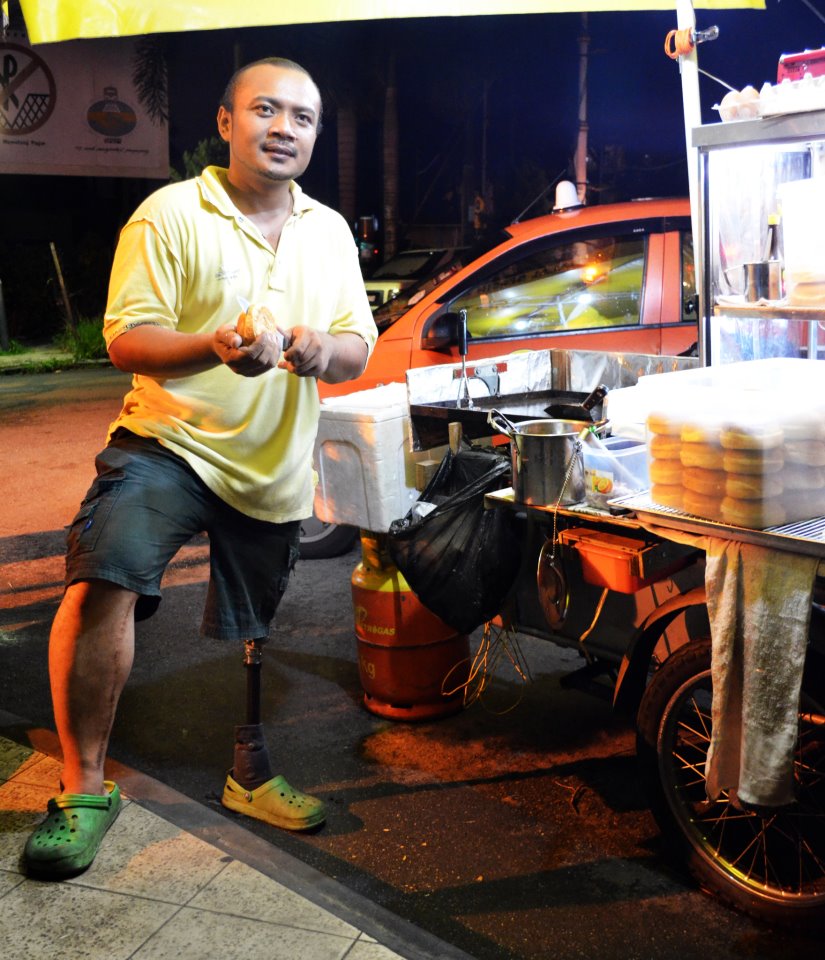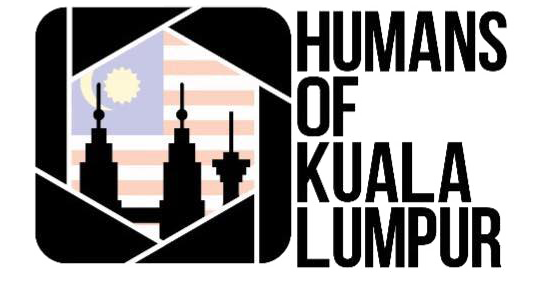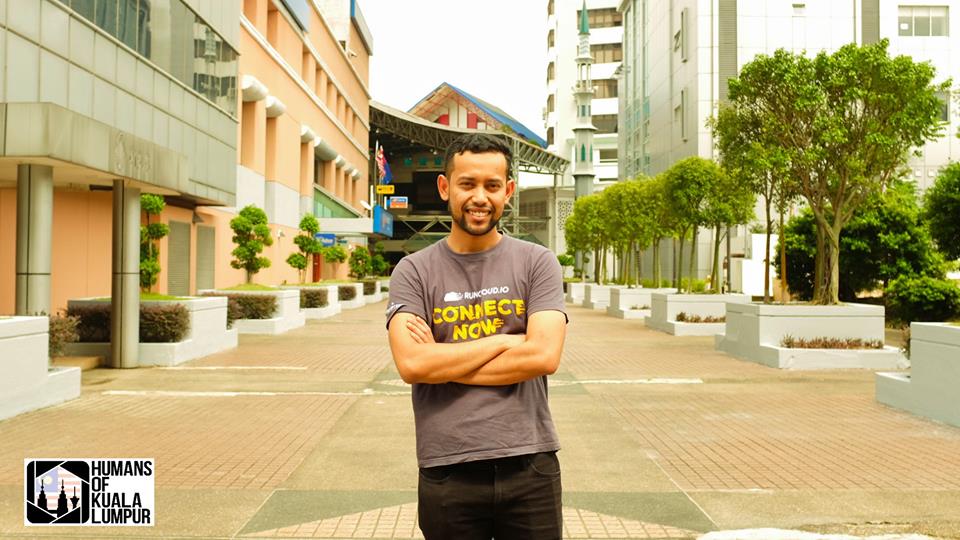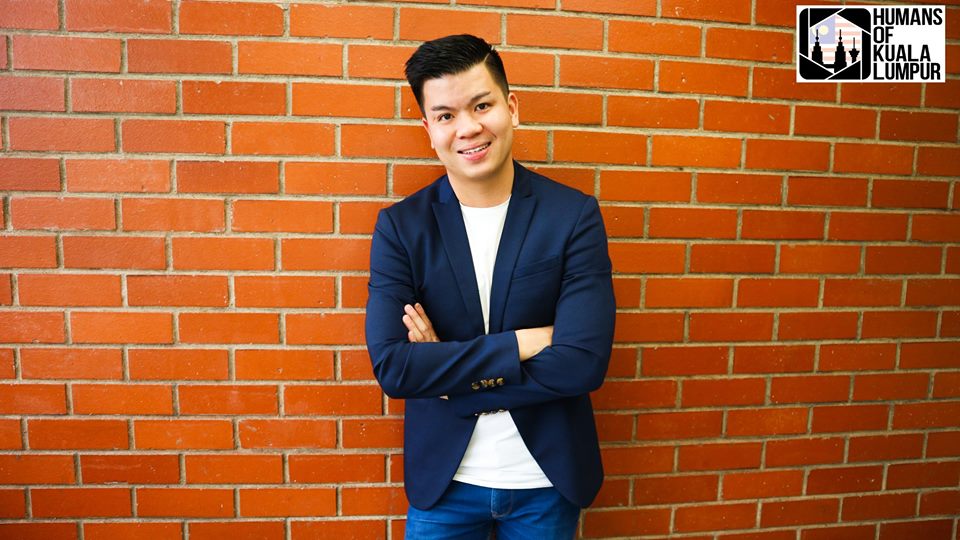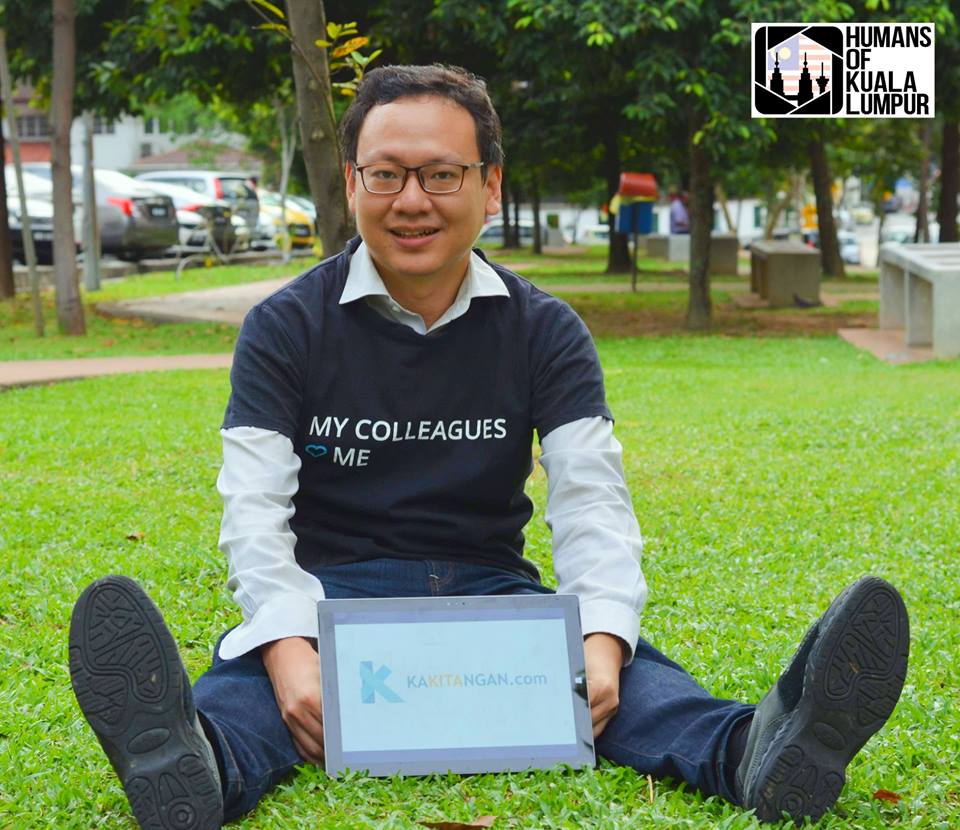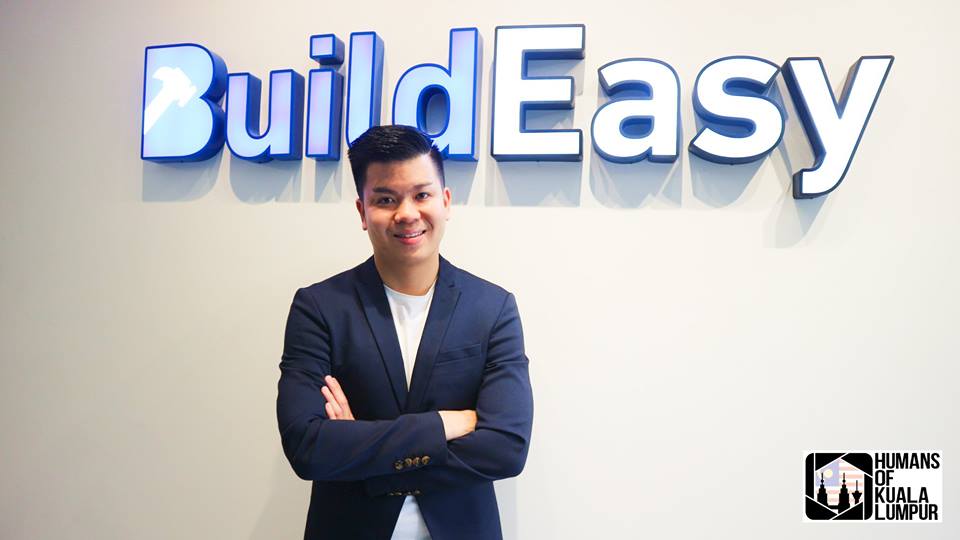“My grandfather was the senior assistant commissioner in the police force, which meant that he was the highest ranking Chinese personnel at that time, during the late 1970s.
He was a no-nonsense yet nice and easy going man. He took me traveling, flying me to Hong Kong, because he wanted me to understand there are different types of people out there. I am very close to him and my grandmother, because a lot of the values I carry today came from them.
Back in my 20s when I failed in a family business doing trading, import and export; I went back to Ipoh where my grandparents lived. It has always been a sanctuary for me.
I told grandma all my problems and she told me a story. She said: ‘the journey of a thousand miles begins with a single step’ was a nice saying and I know you are facing a lot of issues but that is not the problem. You just need to take the first step to solve it although the first step might be a mountain.’
 She taught me how to look at things smaller, not as a whole but breaking it into smaller pieces. That is when I first heard about making a conscious decision .
She taught me how to look at things smaller, not as a whole but breaking it into smaller pieces. That is when I first heard about making a conscious decision .
I started off my career as a network engineer 15 to 20 years ago. It was a very interesting job because it exposes you to the internet at that time but i was bored to the brink of death because you only talk to machines!
I wanted a career change, a different environment so I got into business. I did it for a couple of years, and thought ‘hey this is fun’ but I failed.
And when you fail, you start to doubt yourself, your ability to make decisions. That was the most emotional moment I had. I was challenged to a point where I hid and cried at a corner because I didn’t know what to do. The lifelines I thought existed no longer exist because they were struggling as well.
I picked myself up, went to networking dinners and met a lot of friends, and I was more honest. You know when you’re in your 20s, you’re egoistic and didn’t want to tell people you failed. I realised that was a mistake because when you don’t tell people what you need, they don’t give you what you need.
One thing led to another and I ended up in Hong Kong doing consultation work, when I realised I had a knack for marketing strategies which I found out in Hong Kong and Singapore.
It just comes along. It depends on the choices along the way. It depends on how you treat the situation along the way.
In late 2014, I joined a friend to start GoCar Malaysia, a tech startup for car sharing platform, where you can use the app to book, unlock & access a car directly from your smartphone, with multiple pickup locations around Malaysia.
I was working in MaGIC at that time, so MaGIC was also the incubator for GoCar. My friend bought his own car to validate the product. Because of MaGIC, we got the connections and the network to market GoCar.
I think we have began to change people’s mindset to understand that there is an alternative to transportation (in Malaysia). There was once an uncle and his family who drove an old Proton Wira and parked at the GoCar parking.
They took out everything including their foods, baju kurung and baju Melayu; packaged it and moved into a GoCar. He was driving the GoCar to ‘balik kampung’ which made sense because if he had drove his rundown old car it might break down half way through. We also had people who made it back in time to their hometowns to see their elders before they passed away.
I think don’t be too harsh on yourself in your career path. Be aware of what is happening around you. Get as much information as possible because sometimes you think you like to do that but once you do that you don’t like it.
Make sure you make a conscious decision when you do something. Don’t just do it because of society or peer pressure.
Gather information and be aware of your choice of what you want to do next and that’s how you make a next move in your career. The world is changing so fast you see, what you think is right now, might not be right 5 years down the road. So how can you predict so far?
The only thing that will save your grace is when you make a conscious decision when you do something. You won’t regret it and go ‘crap someone forced this on me, someone asked me to do this’.
Some decisions i made that time were not very conscious. It was driven by external factors like society, and the need for finances. And that let me to have self-doubt.
When something bad happens, you go all the way back when you made the decision and ask yourself if you had all the information needed, and if you made the right one. If it turns out good, its fine but when it’s not, you start to evaluate yourself – which is not good.
When you had made a conscious decision and something bad happens, do know that you had done all you can, you had all the you information needed, and you did all you could – so c’est la vie, let’s move on.
In the end, I am sure we are on the right path in bringing change. This is my way of contributing to my country and I hope to inspire others to make and create change to our current ecosystem as well.”
_______________________________________________
Humans of Kuala Lumpur is partnering with Malaysian Global Innovation and Creativity Centre (MaGIC) in featuring inspiring and impact-driven entrepreneurs, problem solvers and startups in their mission to solve Malaysia’s problems! #HumansofMaGIC
Photostory by Mushamir Mustafa and Christine Cheah
Do you have a story? Let us know here: https://forms.gle/ht4HsvbxgSgcKS5h8
(This post was first published on August 2nd 2018)
